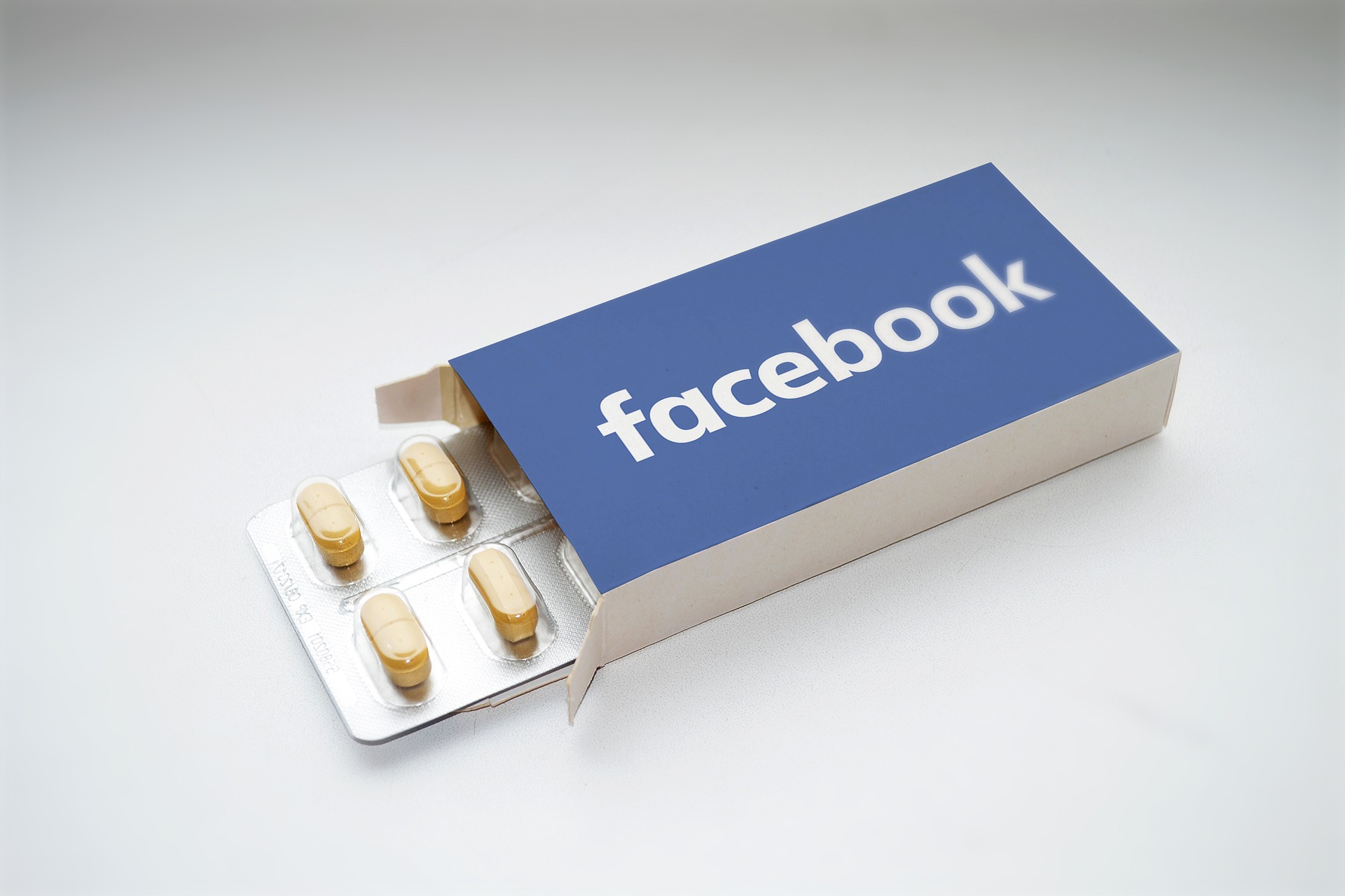Ariana Marini
May 21, 2018
You don’t have to look far to see that today’s adolescents love their phones and the social media accounts that go with them. They’re sharing selfies on Instagram, using Snapchat to show what they’re doing right this minute, communicating with their friends on Facebook, tweeting their daily musings, and much more.
Sharing Starts Early
By age 12, 50% of children have social media accounts. The average teenager uses social media for 71 minutes each day; female teens, who report the highest engagement, average 142 minute per day.
“Social media usage resembles a normalized addictive behavior, proportional to overall screen media usage,” wrote Amy L. McGuire, JD, PhD, of Baylor College School of Medicine in Houston, Texas, in an editorial published in Pediatrics. “Current guidelines encourage at-home limits on usage, but high-use teenagers may be refractory to those methods. Moreover, social media is a powerful determinant of teen-aged mental health.”
Research has shown that excessive social media use can hurt the mental health of children and teens, contributing to feelings of anxiety, depressive symptoms, isolation, and low self-esteem, among other issues.
Physicians may be able to provide better care for their adolescent patients if they include an assessment of social media usage as part of the routine screening process.
“It can operate as a tool for patient education and risk stratification,” Dr McGuire added. “It will be used to raise awareness of the addictiveness, risks, and repercussions of aberrant social media use. In addition, the more subjective questions could open a dialogue on the emotional effects of site usage.”
If a social media assessment raises red flags, physicians can recommend setting more boundaries on social media usage, refer kids to behavioral health experts, and schedule follow-up appointments.
Dr McGuire and colleagues believe that including social media screening in routine clinical assessments may provide information about an adolescent’s psychosocial profile that they wouldn’t otherwise obtain.
“There is little risk to the patient-physician relationship by asking these questions, yet the opportunity for patient education and risk identification is a strong potential benefit,” they concluded.
Courtesy of Medical Bag.


Leave A Comment